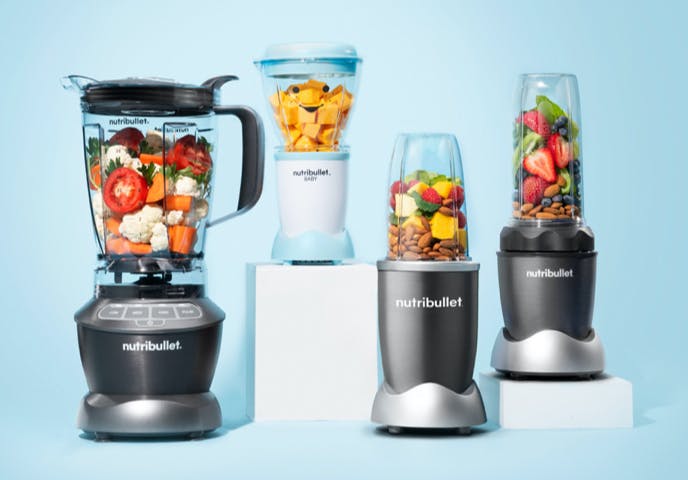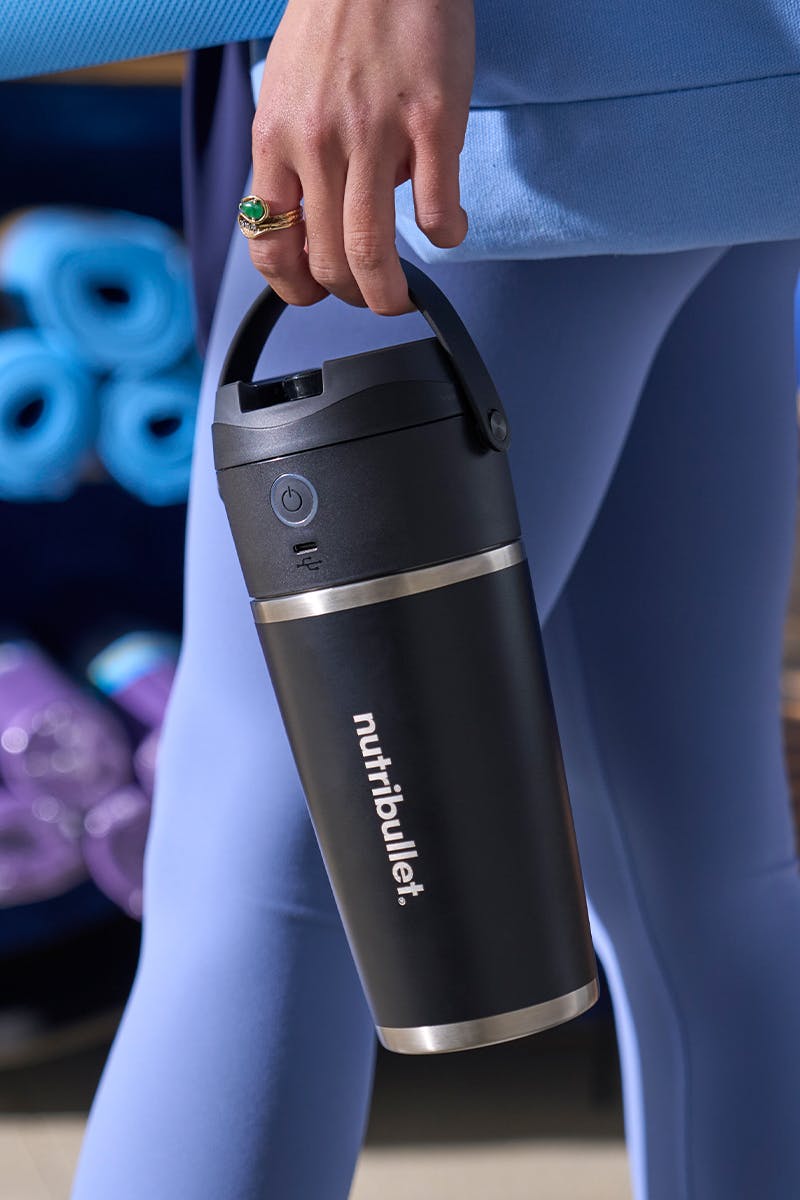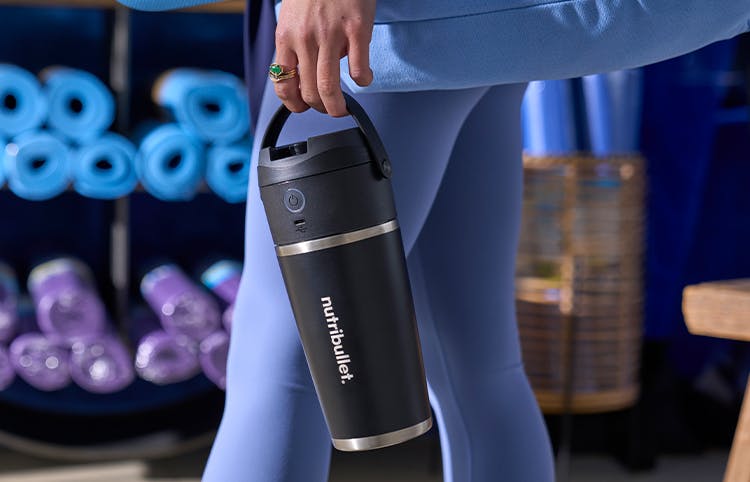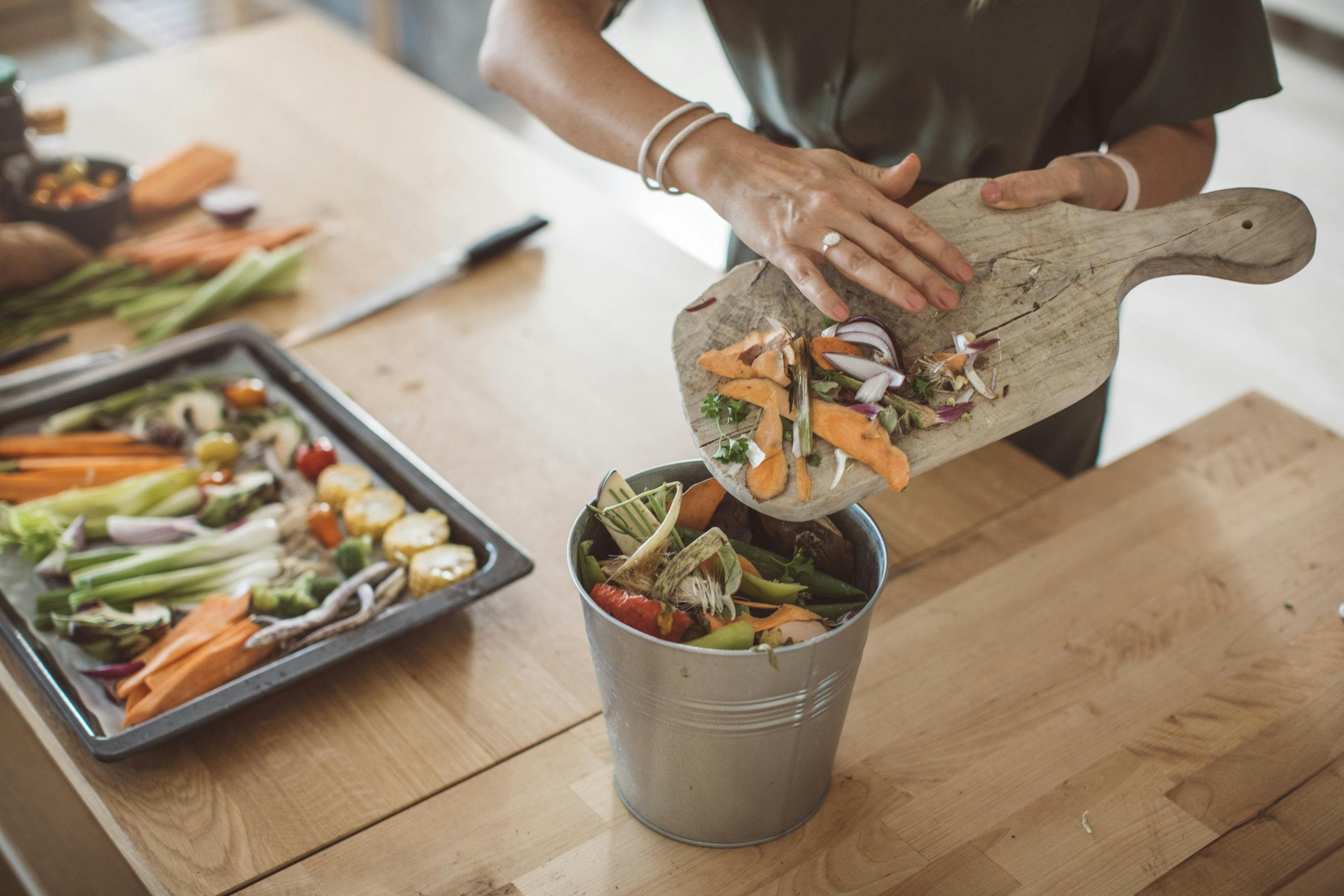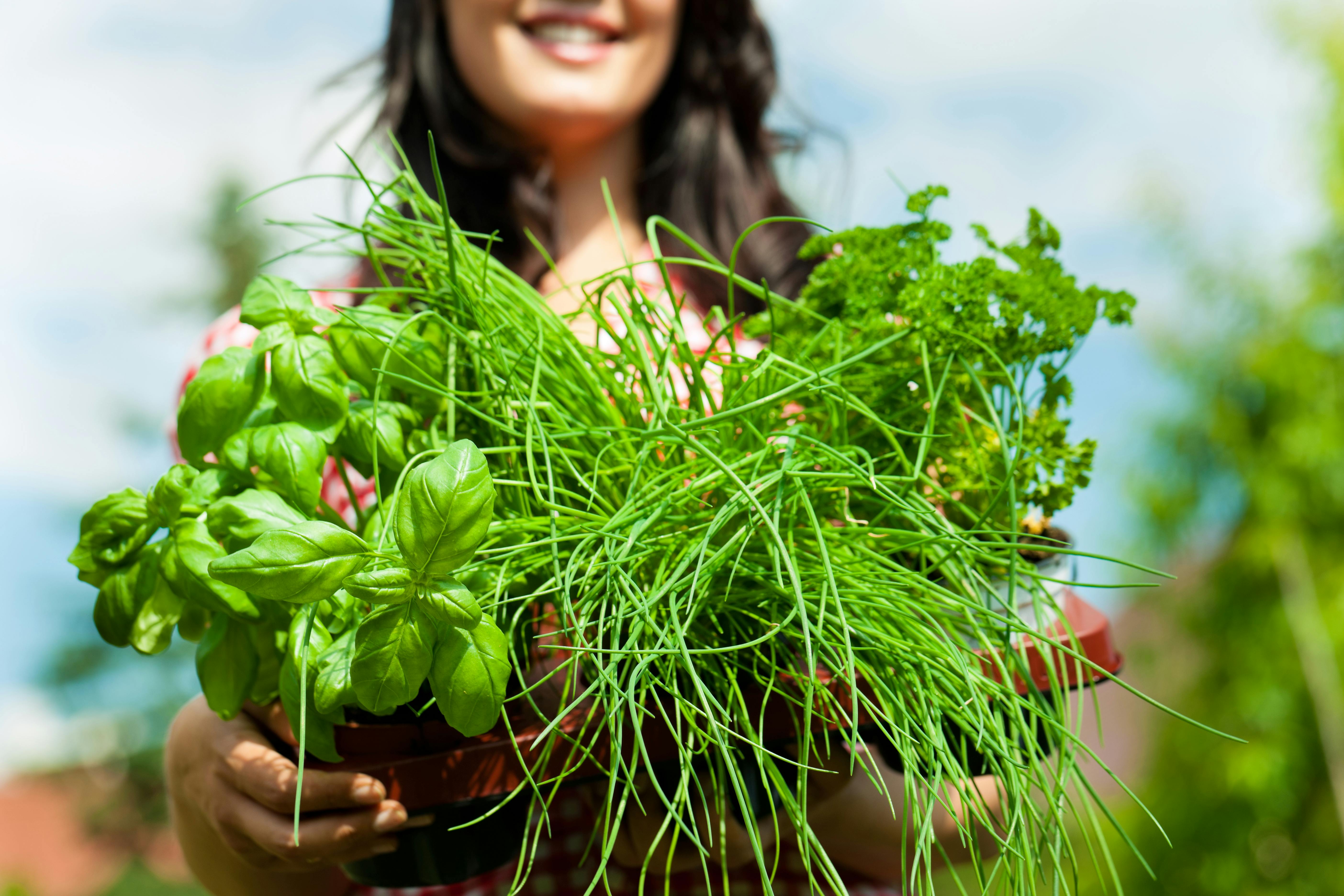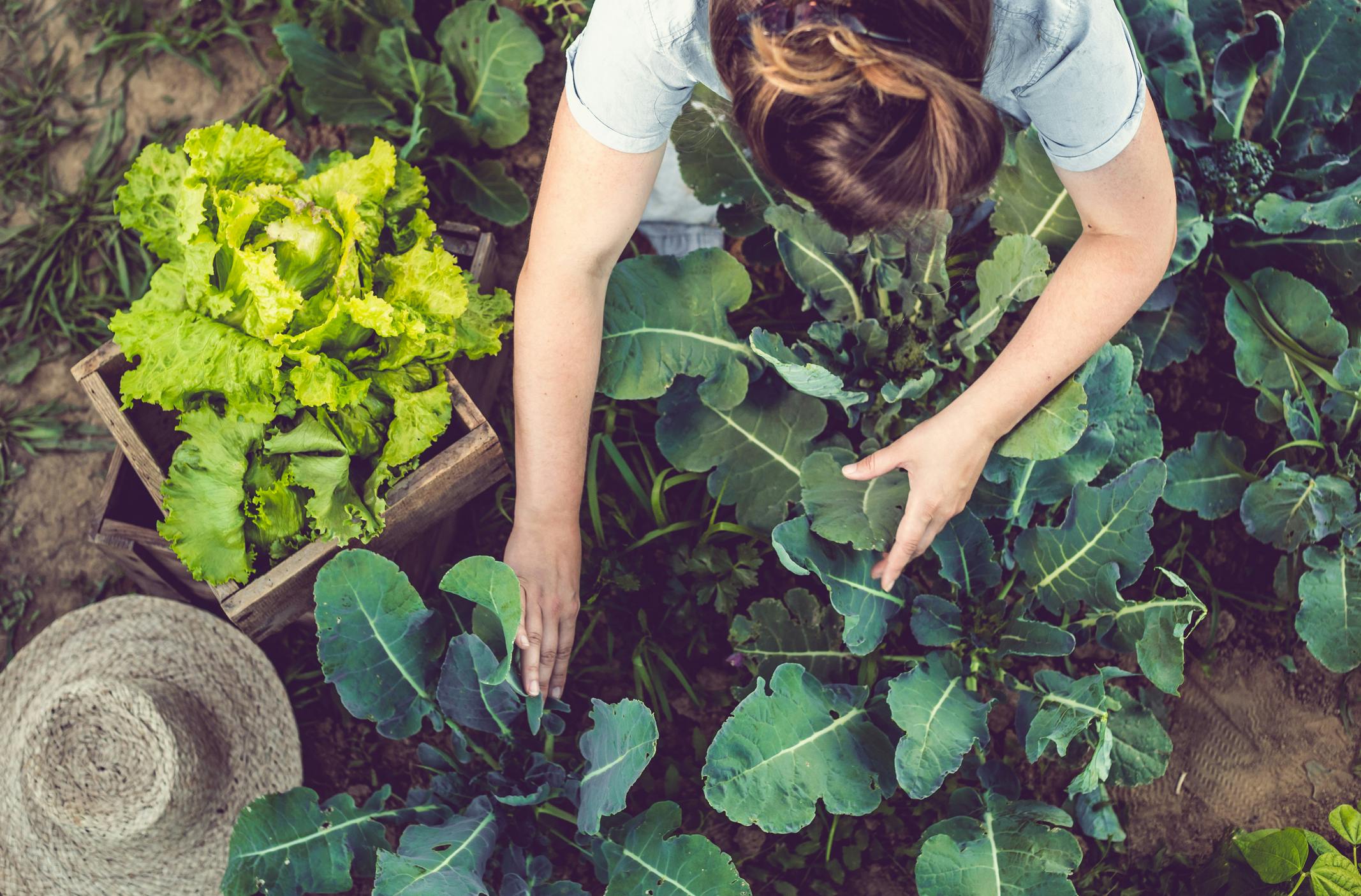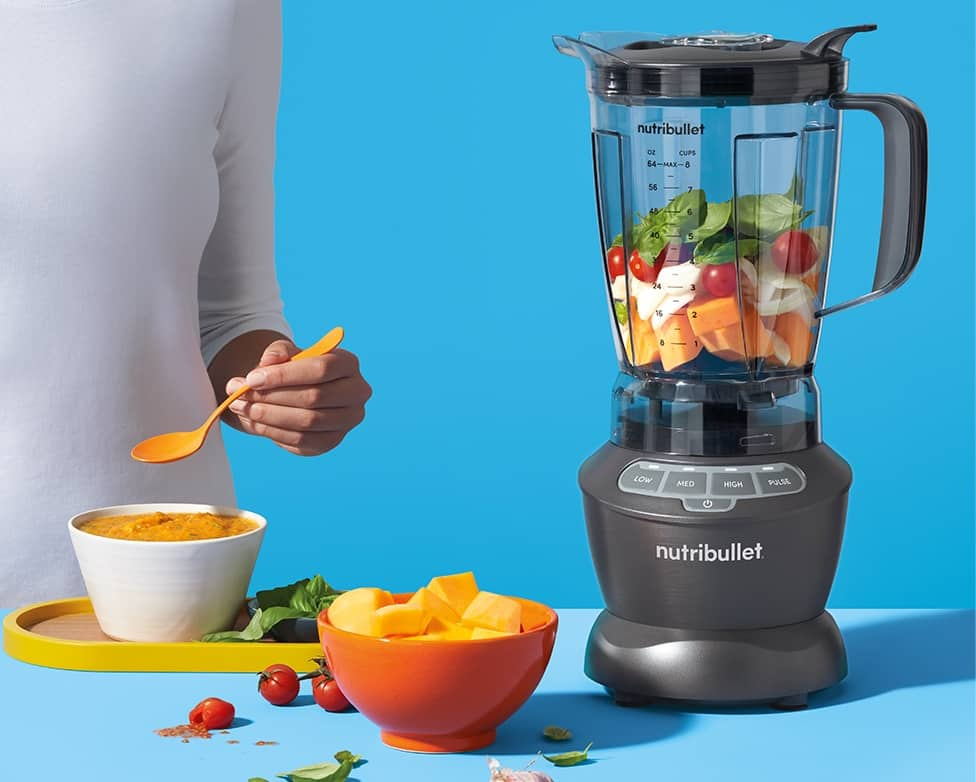Smoothies often fall under the category of “health halo” foods – drinks so commonly associated with a healthy lifestyle that we tend not to question their nutritional content. But smoothie is a broad term, and the smoothie you drink is only as healthy as the ingredients used to make it.
Smoothies have been dubbed as excellent meal substitutes, and it’s true; a nutritionally balanced smoothie is an excellent way to nourish your body and lose weight. The problem? Big chains often include sweetened fruits, fruit juices, chemical fillers, and high-fat dairy, some even add sorbet and ice cream. This results in a drink that’s essentially a giant sugar bomb loaded with excessive carbs and calories.
By making your own smoothies, you have complete control over what goes inside. However, it’s important to be mindful of the ingredients because the hidden sugars and fats can quickly add up and hinder your weight loss efforts.
If you don’t have a SMART nutrient extractor to calculate the amounts of nutrients, sugars, and fats in your smoothie as you add each ingredient, you can build a healthier smoothie by limiting or avoiding the following ingredients.
7 Smoothie Ingredients Hindering Your Weight Loss
1. Fruit Juice

Arguably the most common mistake people make when preparing smoothies is adding fruit juice. The sweet taste comes at a price; it gives your smoothie all the sugar of fruit without any of its beneficial fiber, a necessary component to slow the release of sugar into your bloodstream. Some juices even contain more sugar per cup than soda! Excessive sugar is one of the main culprits of weight gain and can also lead to serious conditions, like type 2 diabetes. If you’re going for a fruity flavor, it’s best to stick with whole, unsweetened fruits.
2. Flavored Yogurt

Flavored yogurt not only contains excessive amounts of sugar, but it’s also frequently loaded with artificial flavors and fillers that are better kept outside of your body. If you like dairy in your smoothies, plain Greek yogurt is a much better option, with its simple ingredients, high protein, and low sugar content.
3. Highly Processed Protein Powders

Protein powder is not inherently bad, but it’s important to look at the ingredients and quality of your powdered additions. Most protein powders on the market are made from whey, a dairy byproduct that can trigger dairy sensitivities. Many protein powders are also high-calorie and loaded with fillers, sugars, and highly-processed ingredients that are designed to bulk you up, not lean you down!
Instead, look for plant-based proteins like pea, hemp, or sacha inchi made from high quality, preferably organic ingredients.
4. Milk

As previously mentioned, dairy – especially from cows – causes digestive stress in many people. Whole milk is also high in fat and calories, while non-fat milk is skimmed of its fat, increasing the amount of dairy sugar contained in each cup. Your best bet is to skip dairy milk altogether and instead choose almond, oat, de-fatted coconut, or cashew milk.
5. Super Sweet Fruits

While fruits, like bananas grapes, dates, and mangos, undoubtedly contain beneficial nutrients, they are also very high in naturally occurring sugars. Many dried fruits contain added sugars! It is best to avoid super sweet fruits if you’re trying to lose weight. Instead, opt for fresh or frozen berries, green apples, and citrus.
6. Added Sweeteners

Even “healthy” sweeteners, like honey, maple syrup, coconut sugar, and agave nectar, are still sugar at the end of the day. Taking these out of your daily rotation will make a big difference in your weight loss progress. If you’re really craving a sweeter smoothie, try a few drops of stevia extract, which is naturally free of sugar and calories.
7. Too Many Healthy Fats

It’s possible to have too much of a good thing, and such is the case with healthy fats in your smoothie. While nuts, nut butter, seeds, coconut, healthful oils, and avocados are great for your body – streamlining its functions and assisting with nutrient absorption – it’s important to enjoy them in moderation.
Fats are the most nutritionally dense food group, meaning they provide large amounts of energy, and calories, in relatively small portions. Therefore, portion control is key when it comes to adding fats to your smoothie. Aim for no more than two tablespoons of whole nuts and shredded coconut, one tablespoon of nut butters and oils, or ¼ of one avocado.
A weight loss smoothie can easily become a weight gain smoothie. To make a balanced and nutritious weight loss smoothie, focus on adding lots of greens, flavorful herbs and spices, hydrating veggies, and small portions of low-sugar fruits, and take care to avoid those top seven culprits that won’t help you lose weight, but make you gain it instead.










